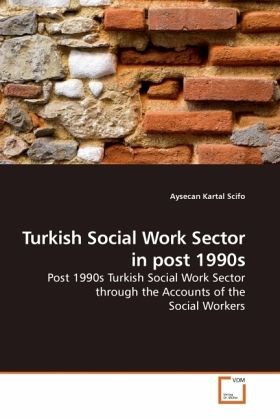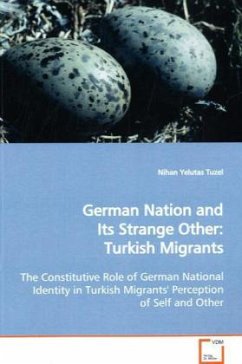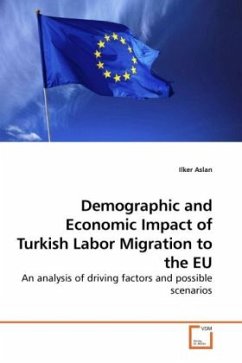
Turkish Social Work Sector in post 1990s
Post 1990s Turkish Social Work Sector through the Accounts of the Social Workers
Versandkostenfrei!
Versandfertig in 6-10 Tagen
32,99 €
inkl. MwSt.

PAYBACK Punkte
16 °P sammeln!
This study scrutinizes the state-civil society partnerships in the Turkish Social Services Sector after the 1990s.This approach is embraced in Turkey parallel to the approaches of the international organizations such as the World Bank. In this new model, state is one of the partners rather than a regulator who provides public services. In Europe this new model of welfare meant the destructuration of an existing welfare system. However Turkish social policy environment in general and the Turkish social services in particular had a different structure. The Turkish social work sector since its ea...
This study scrutinizes the state-civil society partnerships in the Turkish Social Services Sector after the 1990s.This approach is embraced in Turkey parallel to the approaches of the international organizations such as the World Bank. In this new model, state is one of the partners rather than a regulator who provides public services. In Europe this new model of welfare meant the destructuration of an existing welfare system. However Turkish social policy environment in general and the Turkish social services in particular had a different structure. The Turkish social work sector since its early days in the early 20th Century was considered to be within the realm of the civil society and voluntariness. This new welfare model after the 1990s was integrated into the existing structure of social services as a strategy to cope with the new poverty. This study argues that the discomfort of the social workers, manifested as a loss of institutional trust and not being able to define their role in the institution, is not resulting from a new structure, rather it stems from the new form of poverty they try to respond with the vaguely defined borders between the state and civil society.












